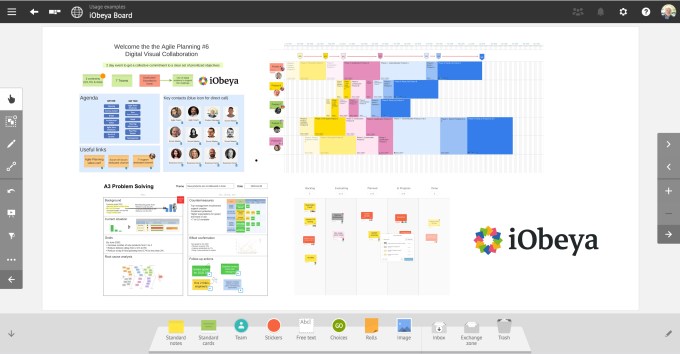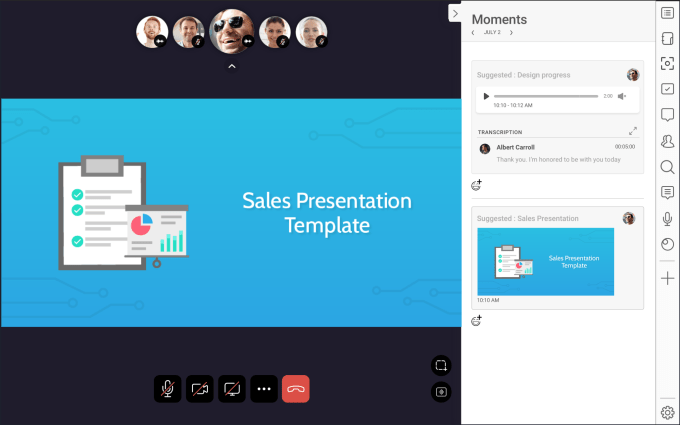The growth of digital banking has opened up a wealth of opportunities for making the world of finance more accessible and transparent to a greater number of people. But the darker underbelly is that it has also created more avenues for illicit activity to flourish, with some $2 trillion laundered annually but only 1-3% of that sum “caught.”
To help combat that, a London-based startup called ComplyAdvantage, which has built an AI platform and wider database of some 10 million entities to help identify and track those involved in financial crime, is today announcing a growth round of funding of $50 million to expand its reach and operations.
Specifically, the plan will be to use the funding for hiring, to invest in the tools it uses to detect entities and map the relationships between them and to bring on more clients.
“We’ve been focused on more granular analysis and being able to scale to hundreds of millions of searches across our database,” said Charles Delingpole, founder and CEO, said in an interview. “The next phase is more around the network of contacts and more enhanced diligence.” The company today has some 250 staff, mainly in the U.K. and Romania.
The Series C is being led by Ontario Teachers’ Pension Plan Board (Ontario Teachers’), a huge pension plan out of Canada (U.S. $155 billion) that is known as a prolific growth-stage tech investor. Previous backers Balderton and Index are also in the round. The company has raised $88 million to date, and while it’s not disclosing its valuation, for some context, it was last valued at around $141 million in its last round a year ago, per PitchBook data.
Today, ComplyAdvantage has more than 500 customers, primarily financial institutions using it to meet regulatory compliance requirements as well as to reduce their own exposure and risk, providing some automated services to complement (and potentially replace) some of the manual checks that they make to prove you are who you say you are.
It also has a growing business with other groups that are tracking fraud for their own ends, such as insurance companies trying to stem fraudulent claims and government entities. It also has a number of partners that access its database and use that as part of their own solutions (Quantexa, which announced a big funding round of its own last week, is one of those licensing partners).
“A lot of companies in the wider identity space are powered by our data, even if they don’t disclose it,” Delingpole said.
The company had its start originally focusing on the process of helping banks meet regulatory compliance around fraud detection by ingesting and analysing documents provided by customers ahead of opening accounts, initiating larger transactions with new entities and so on. That has taken on a more targeted purpose in recent years as ComplyAdvantage’s database has grown deeper.
Today the core of the business is based around a central database of known money launderers, human traffickers, terrorists, drug lords and others who exploit financial rails to run illegal operations and make a profit from them.
It’s formed, Delingpole said, by way of “automatically ingesting tens of thousands of data points, from websites, national warning lists, linked real-time databases of companies and various other applications on top of that.” That central database is still growing, and Delingpole believes that it’s not unrealistic for it to run to a much higher number in order to get the most accurate picture possible.
“Although we have 10 million today, we want to cover every company and person one day. We think the right number is 8 billion” — that is, the world’s population. “With that larger database we can solve other kinds of crimes too.”
The startup already has a straight channel through to government agencies, reporting connections and discoveries on behalf of their clients directly to them. And to be clear, although there are now strong data protection measures in place in Europe, when people are linked to illegal activity, that puts them on a list that supersedes that. When someone is suspected and is tipped to authorities, that information is kept private.
While all institutions will continue to have teams of people dedicated to risk analysis and investigations into activity, the idea here is to supercharge that work with more data that helps those investigators tackle the greater scale of data in the world today.
“Detecting financial crime in billions of transactions that take place around the globe has become nearly impossible without the application of data science and machine learning. It is this approach that has made ComplyAdvantage into a leader in the category, and the go-to partner for organizations that seek to automate what are still very often manual or inadequate processes,” said Jan Hammer, a partner at Index Ventures, in a statement.
The longer-term opportunity is to build out ComplyAdvantage’s customer base by leveraging information that the company is already surfacing that might be relevant to other verticals.
Insurance is a key example, Delingpole said. “We already see a mention of a person having defaulted on a loan then making an insurance claim,” he said. “We see credit, fraud and ownership data together.”
This, of course, puts the company into close competition not just with others building credit databases but those building strong AI platforms to leverage data to gain deeper insights into seemingly disparate digital actions and to build better pictures of activity on behalf of their clients. That includes not just partners like Quantexa, but others like Palantir.
The strength here, said Delingpole, is the sheer size of ComplyAdvantage’s database and its very specific focus on financial crime and how that sits for companies that need to police that, both for their own business health and for regulatory reasons. It’s that focus that has attracted investment.
“ComplyAdvantage offers mission-critical technology solutions for combating financial crime and keeping pace with an ever-evolving regulatory landscape,” said Olivia Steedman, senior managing director, TIP, at Ontario Teachers’. “The company is well-positioned to continue its rapid growth as its powerful technology platform transforms the compliance and risk management process for its clients.”


